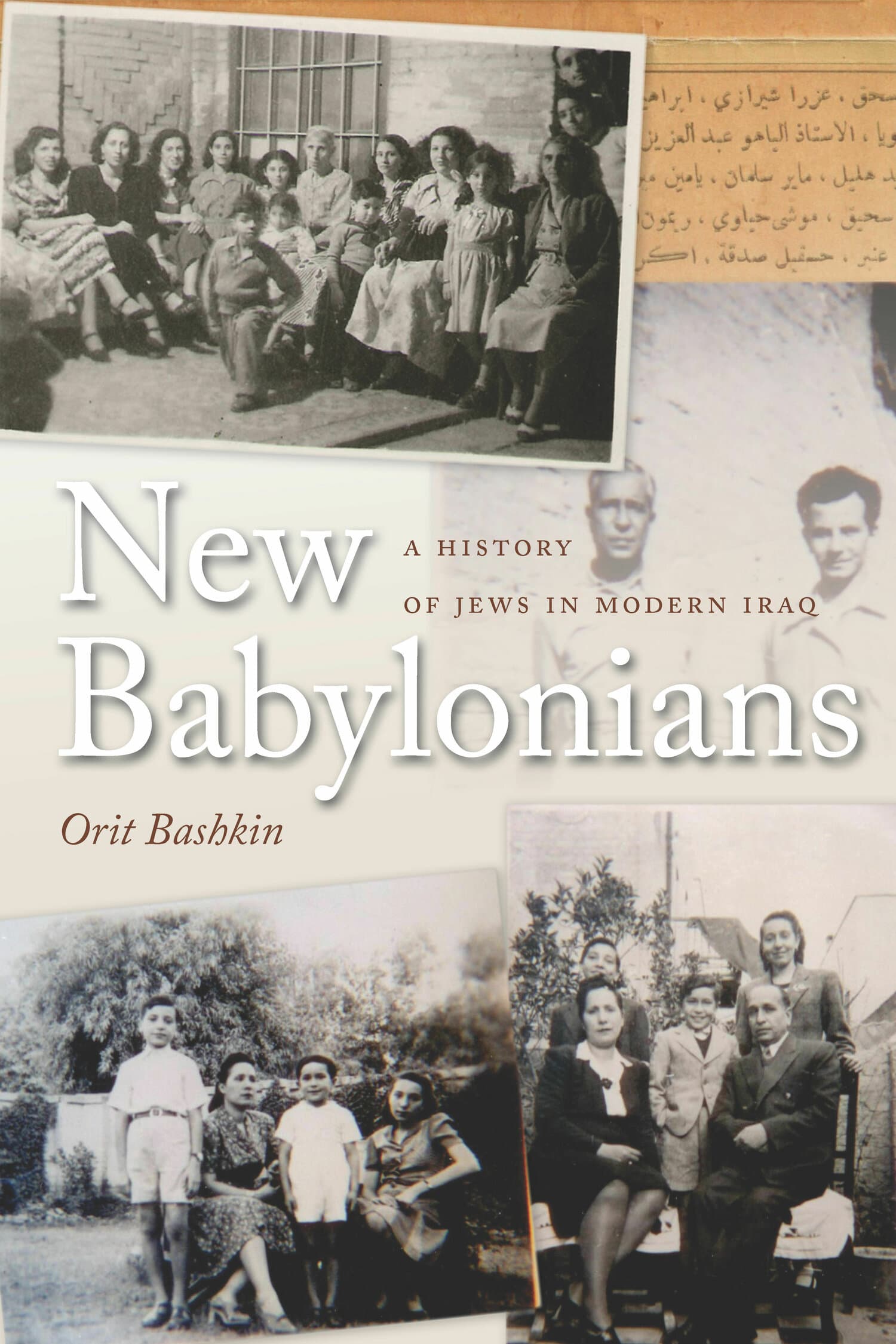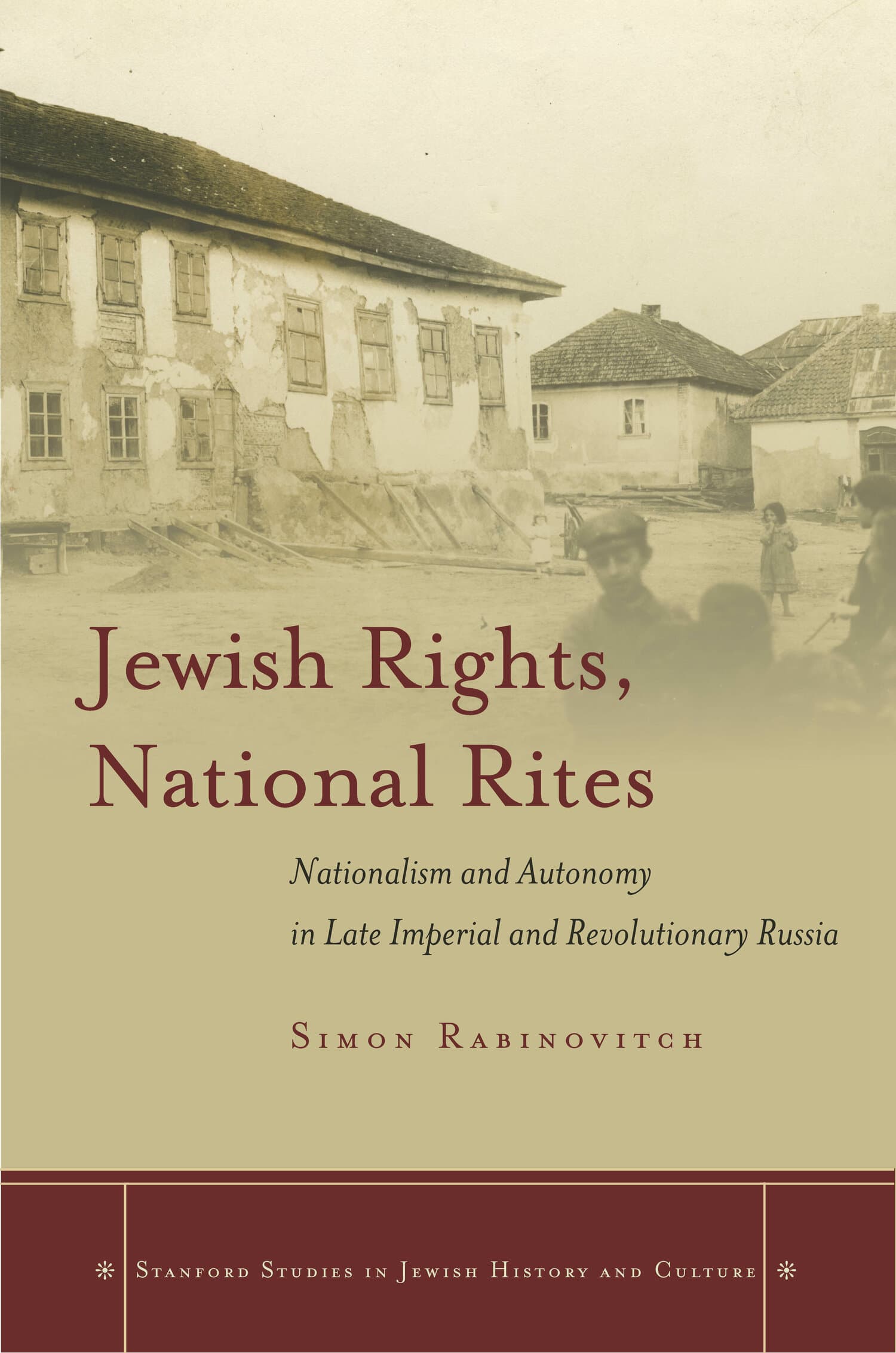The Sultan's Communists
Award Winner
2021: Middle East Eye Best Book of the Year
Named a 2021 Best Book of the Year by Middle East Eye.

The Sultan's Communists uncovers the history of Jewish radical involvement in Morocco's national liberation project and examines how Moroccan Jews envisioned themselves participating as citizens in a newly-independent Morocco. Closely following the lives of five prominent Moroccan Jewish Communists (Léon René Sultan, Edmond Amran El Maleh, Abraham Serfaty, Simon Lévy, and Sion Assidon), Alma Rachel Heckman describes how Moroccan Communist Jews fit within the story of mass Jewish exodus from Morocco in the 1950s and '60s, and how they survived oppressive post-independence authoritarian rule under the Moroccan monarchy to ultimately become heroic emblems of state-sponsored Muslim-Jewish tolerance.
The figures at the center of Heckman's narrative stood at the intersection of colonialism, Arab nationalism, and Zionism. Their stories unfolded in a country that, upon independence from France and Spain in 1956, allied itself with the United States (and, more quietly, Israel) during the Cold War, while attempting to claim a place for itself within the fraught politics of the post-independence Arab world. The Sultan's Communists contributes to the growing literature on Jews in the modern Middle East and provides a new history of twentieth-century Jewish Morocco.
"The Sultan's Communists tells the paradoxical and largely unknown story of a group of Moroccan Jewish militants who identified with Morocco's national liberation movement and remained in Morocco as patriotic citizens after independence when the majority of Jews were emigrating to Israel. Alma Rachel Heckman's riveting account of political activism, imprisonment, torture, exile, and cooptation reveals the possibilities and limitations of Jewish belonging in an Arab Muslim country."—Daniel J. Schroeter, University of Minnesota
"In this innovative study about Moroccan communist Jews, Alma Rachel Heckman explores radical leftist movements, their struggles against fascism, and their battles for national liberation and social justice. The book masterfully reconstructs the nonsectarian vision these Jewish radicals developed, illustrating how communism served as a patriotic option for Moroccan Jews. A unique and compelling tribute to the activism and heroism of Moroccan radical Jews."—Orit Bashkin, University of Chicago
"Alma Rachel Heckman has written an original and important book concerning the role that radicalized Jews played in Morocco's struggle for independence from France and in newly independent Morocco."—Sheldon Kirschner, The Times of Israel
"As a historian, Heckman does a very fine job in offering to the reader a detailed account of the delicate twists and turns of every actor. She manages to see both the structural similarities between them as well as the peculiar idiosyncrasies. Equally important, she contextualizes these marginal actors so to comprehend their actions and utterances in the broader picture. By doing so, she demonstrates how one can focus on a marginal—some would say neglected—group of people and understand grand-scale processes in Morocco."—André Levy, Journal of Church and State
"Alma Rachel Heckman has written an original and important book concerning the role that radicalized Jews played in Morocco's struggle for independence from France and in newly independent Morocco."—Sheldon Kirshner, Sheldon Kirshner Journal
"[The Sultan's Communists] is an outstanding study, which is based on intensive research of a wealth of information that the author gathered in archives, interviews, the contemporary press and scholarly books. [Heckman] brings all these data together and analyzes it brilliantly. Accordingly, the book is an essential contribution to the historiography of Moroccan Jewry."—Orit Ouaknine Yekutieli, Quest: Issues in Contemporary Jewish History
"Alma Heckman provides a fascinating account that is meticulously researched, with rich analysis and work in archives in Morocco, Israel, France, Spain, and the US; brilliantly written in compelling and beautiful prose, this book is recommended to readers interested in Moroccan history, Jewish history, scholars of social and popular movements, and more."—Lior Sternfeld, American Historical Review




